The Head of the Neuropsychology Program at Aura Fundació, Roser Fernández, explains to us the importance of cognitive stimulation in people with intellectual disabilities.
Cognitive stimulation in people with intellectual disabilities
Aura Fundació, over its 29-year history, accompanying people with intellectual disabilities in their integration into the workforce, has had the opportunity to learn the needs of its participants and has sought appropriate responses for each phase of their life stage.
One of the areas in which we have always intervened is cognitive stimulation, with the aim of maintaining and/or enhancing participants’ abilities.
Over the years, we have created our own cognitive training program, based on a large amount of published material, adjusting it to the different needs we have observed.
Multicenter longitudinal follow-up study of the aging process in people with Down syndrome
Likewise, for a few years now we have been coordinating with the Blanquerna Faculty of Psychology, Education and Sport Sciences of Ramon Llull University a multicenter longitudinal follow-up study of the aging process in people with Down syndrome. The objective is to carry out appropriate prevention, detection and diagnosis of cognitive decline, as well as interventions tailored to the needs of each person.
They have obtained descriptive results from a sample of 200 people. These results make it possible to compare cognitive evolution across three well-differentiated age groups, with the main objective of detecting the first changes and signs of cognitive aging in people with Down syndrome.
One aspect we have been able to verify is the importance of continuing training and cognitive stimulation programs to improve and/or maintain functions even at advanced ages.
Intervention programs with NeuronUP for people with Down syndrome
In September 2017, we began the implementation, adaptation and validation of the NeuronUP program for people with Down syndrome. To do this, we reviewed “one by one” all the program’s activities (both the digital version and the paper-and-pencil ones). After that, we designed 4 programs with different difficulty levels, adapted to the abilities of our participants.
It is worth mentioning that the validation of the NeuronUP program was carried out by a doctoral candidate at Ramon Llull University, which we at Aura Fundació are coordinating and will soon share with the institutions that are part of the multicenter study.
What do we work on with NeuronUP?
The NeuronUP platform allows us to work on both basic cognitive functions (such as orientation, attention, memory, language, executive functions, processing speed, visuospatial skills, social cognition) and activities of daily living and social skills.
Principles of generalization and/or transfer
The activities it offers fulfill the principles of generalization and/or transfer which for Aura Fundació are the pillars of the methodology it has been using since its inception, based on the mediated learning.
For this reason, NeuronUP provides great benefit to each person, since it covers other domains different from what is trained, specifically, the cognitive domain, and is also easily applicable in each person’s daily life.
The stimulation of working in a mainstream company

At Aura Fundació we are convinced that the stimulating day-to-day life of working in a mainstream company, as well as continuing with training and cognitive stimulation programs, help prevent premature aging and improve the quality of life and functional ability of people with Down syndrome.
If you want to work on cognitive stimulation activities for people with intellectual disabilities, request the free trial of NeuronUP:
If you liked this post about the importance of cognitive stimulation in people with intellectual disabilities, you may also be interested in:
“This article has been translated. Link to the original article in Spanish:”
Aura Fundació explica la importancia de la estimulación cognitiva en personas con discapacidad intelectual

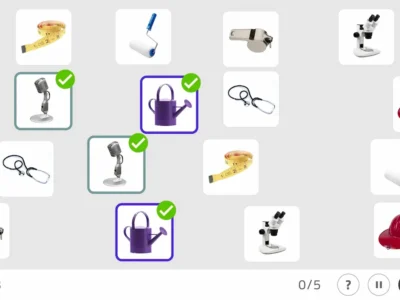
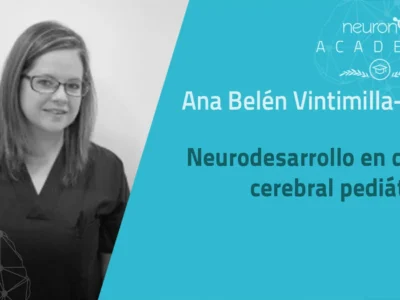

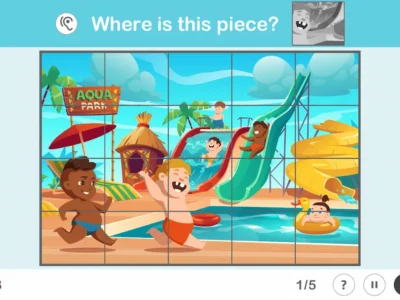
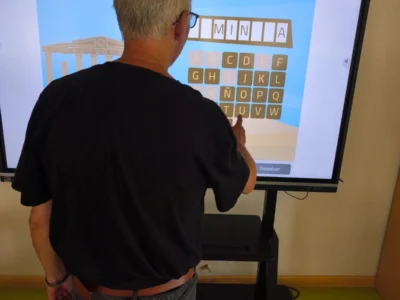
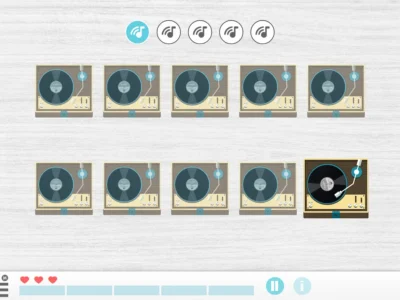
 Asperger’s Syndrome: What It Is, Areas, Characteristics, and Neuropsychology
Asperger’s Syndrome: What It Is, Areas, Characteristics, and Neuropsychology
Leave a Reply